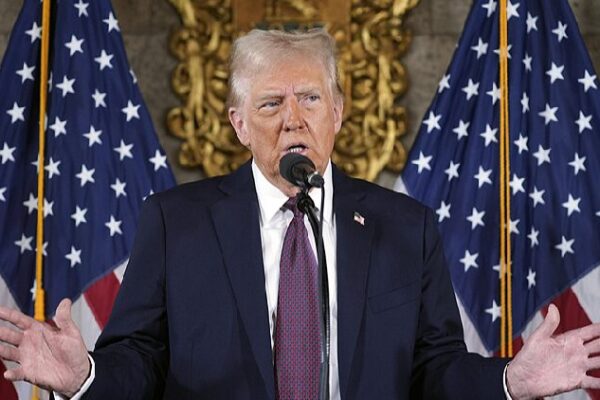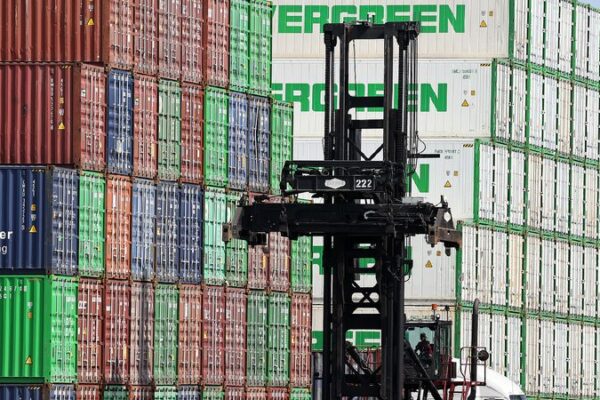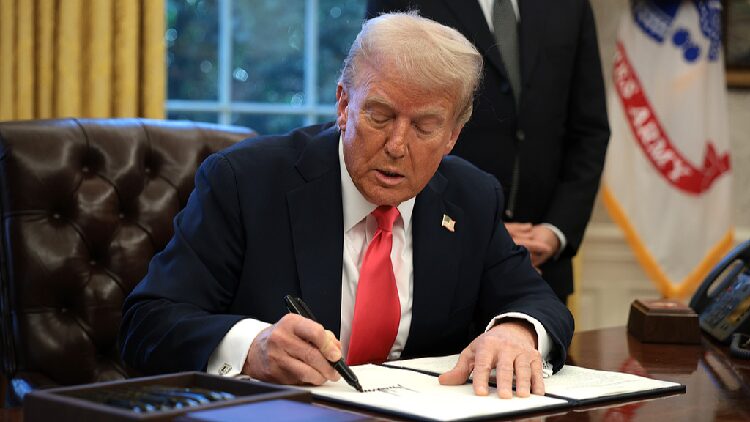As U.S. President-elect Donald Trump pledges to increase tariffs on goods from Mexico, Canada, and China, consumers might soon feel the impact on their wallets. But how exactly could these proposed tariffs affect prices, businesses, and global trade?
What Are Tariffs?
Tariffs are taxes imposed by a country on imported goods. They make foreign products more expensive, encouraging consumers to buy domestically produced items. While this might seem beneficial for local industries, it can also lead to unintended consequences.
Impact on Prices
When tariffs increase the cost of imported goods, companies often pass these costs onto consumers. This means everyday products—from smartphones to clothing—could become more expensive. For young people who rely on affordable technology and fashion, rising prices might strain their budgets.
Effect on Businesses
Many businesses rely on global supply chains to keep costs low. Higher tariffs could disrupt these chains, forcing companies to find alternative suppliers or more expensive local options. This could lead to reduced profits and even job losses if companies downsize to cut costs.
Global Trade Tensions
Increased tariffs might prompt other countries to retaliate with their own tariffs, leading to trade wars. This can slow down global trade, affecting economies worldwide—including those in the Global South. Developing nations might see decreased demand for their exports, impacting economic growth and employment.
What Does This Mean for You?
For young adults around the world, changes in trade policies can have ripple effects. Higher prices, fewer job opportunities, and slowed economic growth can all result from increased tariffs. Staying informed about these developments is crucial, as they can influence everything from the cost of living to future career prospects.
The Road Ahead
As the situation unfolds, it’s important to watch how trade relationships evolve. Governments and businesses may negotiate to find common ground and prevent negative consequences for consumers and the global economy.
Reference(s):
cgtn.com








